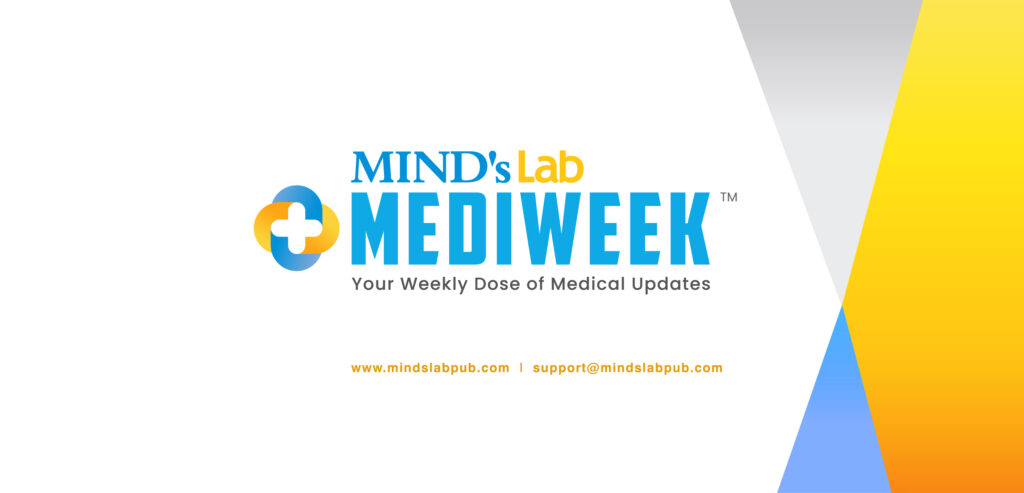Impact of Lifestyle on Mental Well-being among Female College Students
Depression and anxiety are significant contributors to global disease burden and disability. In 2022, around 12.6 million young adults reported experiencing a mental illness, an increase of over 1 million compared to 2021. Women generally have higher rates of mental illness compared to men. College students, in particular, face a higher incidence of mental health […]
Impact of Lifestyle on Mental Well-being among Female College Students Read More »

